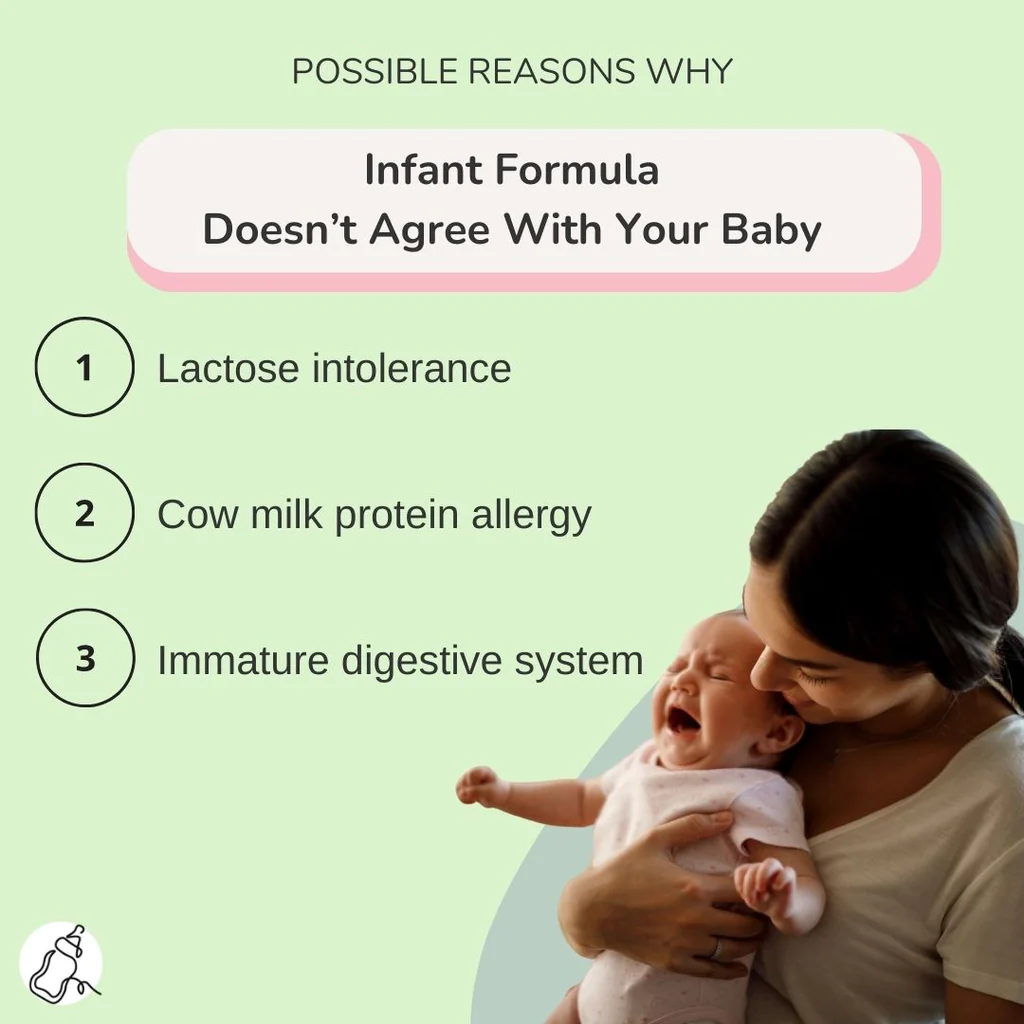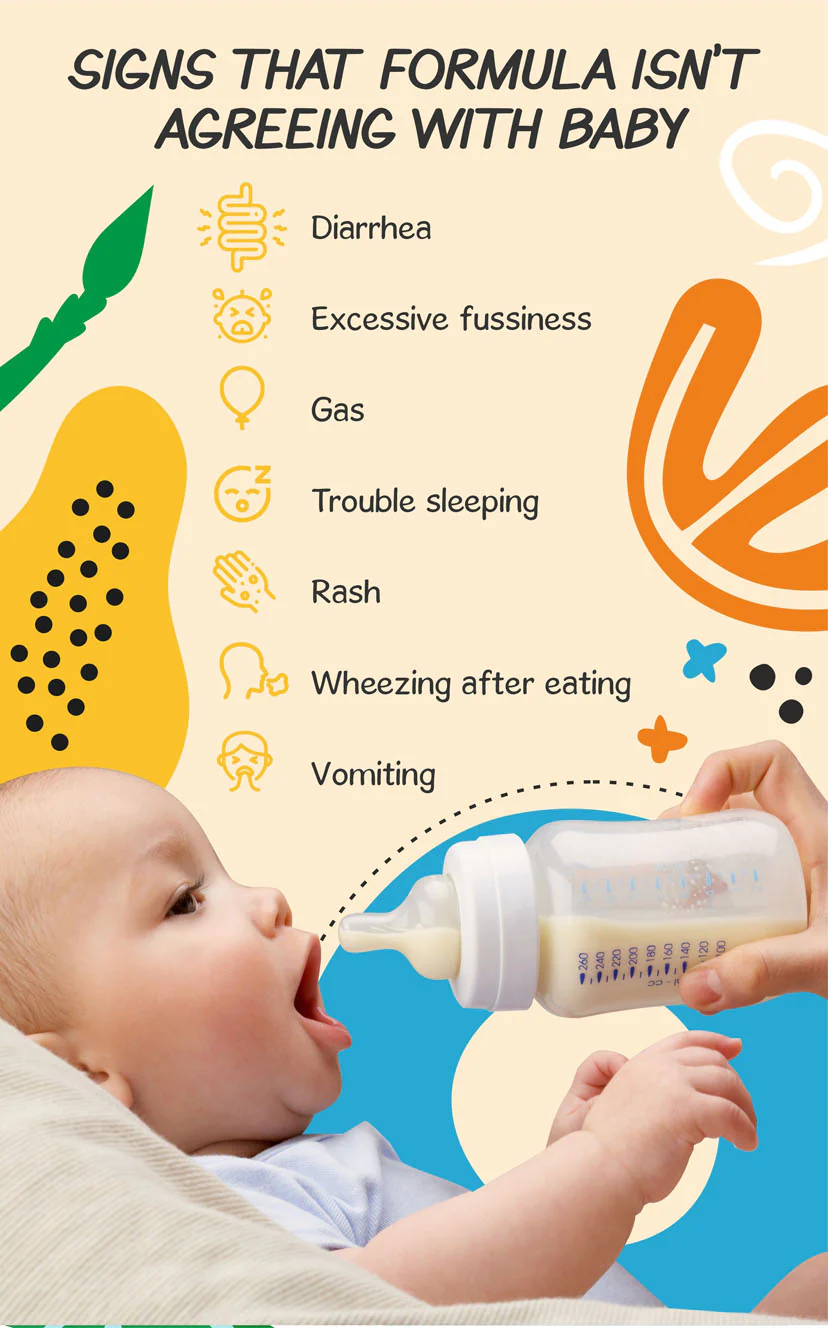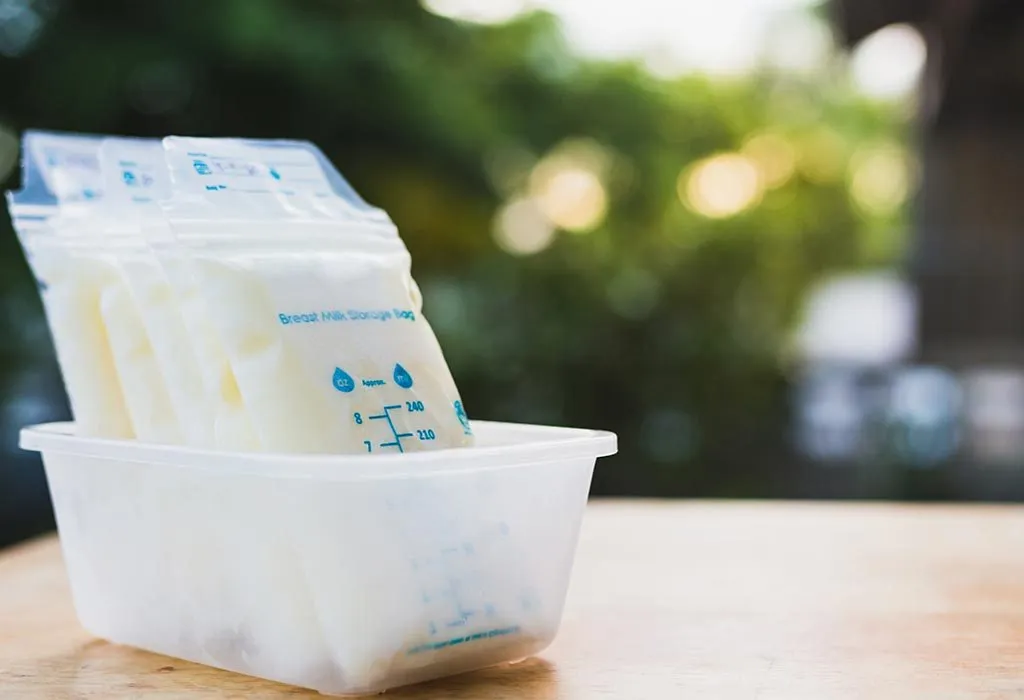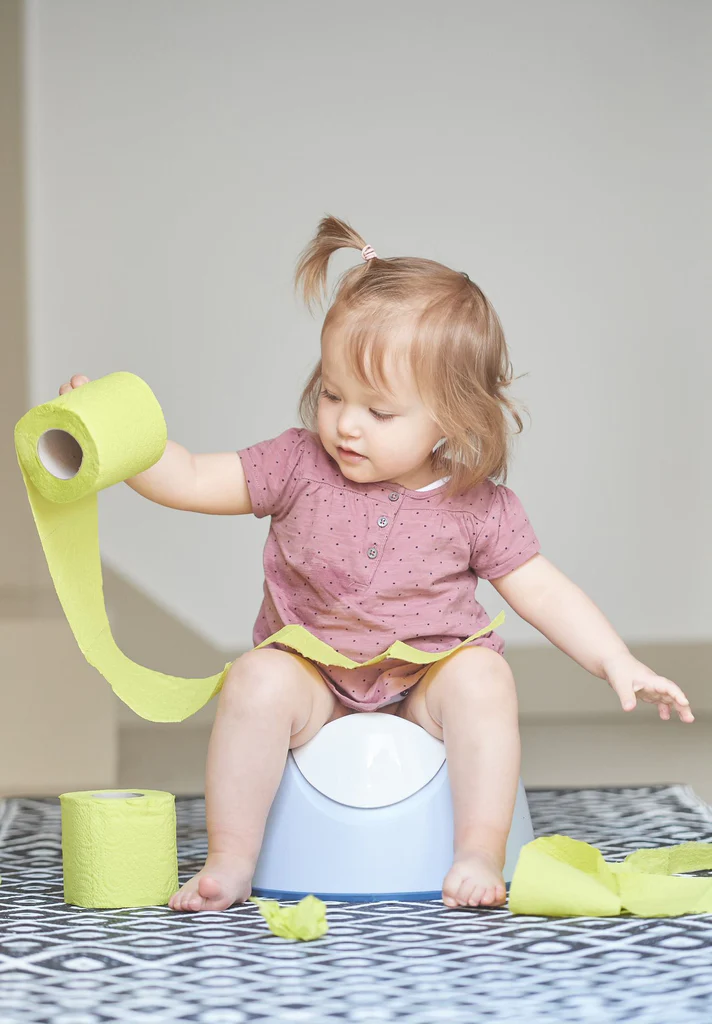Signs Formula Doesn’t Agree with Baby: What to Look For
Changing a baby’s diet can be stressful. Especially if you move your baby to formula and the adjustment seems bumpy or challenging. So, how do you know when a formula doesn’t agree with baby? There are several signs you can watch for to help determine if a formula change is necessary.
What is Formula Intolerance?
Formula intolerance occurs when a baby’s digestive system struggles to process ingredients within the formula. This isn’t necessarily an allergy, although the symptoms are sometimes similar. Intolerance reactions range from mild annoyances like gas to more severe issues like hives and excessive vomiting.
Common Signs of Formula Intolerance
Here’s a look at some of the most frequent indicators that a baby isn’t tolerating their formula properly:
-
Digestive Upset: Gas, bloating, diarrhea, and constipation are often the first signs of intolerance. Also, look out for blood or mucus in your baby’s stool, which warrants a call to the pediatrician.
-
Fussiness and Crying: Inconsolable crying, especially after feeding, can indicate formula intolerance. Pay attention to if your baby seems uncomfortable or draws their legs up towards their tummy, signaling pain.
-
Skin Issues: Formula intolerance sometimes reveals itself through rashes, hives, or eczema. Although these can have other causes as well, it’s worth discussing with your doctor if they appear alongside other symptoms.
-
Respiratory Problems: Unusual wheezing, coughing, or congestion can suggest an underlying sensitivity to a formula ingredient.
-
Poor Growth: If your baby isn’t gaining weight as expected or suffers weight loss alongside other symptoms, it may indicate trouble absorbing nutrients from their formula.
Types of Formula Intolerance
The two main kinds of formula intolerance are:
-
Lactose Intolerance: Babies with lactose intolerance lack sufficient lactase, an enzyme needed to digest the milk sugar, lactose. This is relatively uncommon in infants but does happen.
-
Cow’s Milk Protein Sensitivity: This is more likely in babies, affecting about 2-3% of infants. The immune system mistakenly reacts to the proteins in cow’s milk, which is the basis of most formulas.
What to Do If You Suspect Formula Intolerance
Firstly, never make changes to your baby’s formula without first consulting their pediatrician. A doctor can help evaluate their symptoms and determine whether a formula change is truly needed or if there might be another reason for the discomfort.
Here are options your doctor might suggest:
-
Switching to a Different Type of Formula: If your baby is sensitive to cow’s milk, a hypoallergenic or soy-based formula could be helpful. They may also recommend a specialized “elemental” formula for severe cases.
-
Trial and Error: Sometimes it requires a bit of trial and error to find a formula your baby will tolerate well. Your doctor will offer guidance on safe transitions and switching formulas.
-
Addressing Potential Underlying Issues: Your doctor will evaluate your baby to rule out other issues causing similar symptoms, such as reflux or infections.
Important Considerations For Signs Formula Doesn’t Agree With Baby
-
True Allergies: If you suspect an allergy rather than intolerance, seek prompt medical attention. True allergies can be more severe and might involve symptoms outside of the digestive system.
-
Gradual Changes: Usually, formula changes are made gradually to ease transition. Your pediatrician will advise on the best approach.
-
Don’t Despair: Most babies tolerate some type of formula well. With the support of your child’s doctor, you’ll likely find a solution.
Additional Tips
-
Keep a Log: Track your baby’s feeding, bowel movements, and any symptoms you notice. This will help your doctor identify patterns.
-
Burp Frequently: Thorough burping during feedings can minimize fussiness and gas.
-
Talk to Other Parents: Connect with other formula-feeding parents for support and potential formula recommendations.
Conclusion
Seeing your baby struggle is no fun. However, if a formula doesn’t suit their needs, making a change can improve their comfort dramatically. Remember, open communication with your pediatrician is key to a smooth journey towards finding the right formula for your little one.





